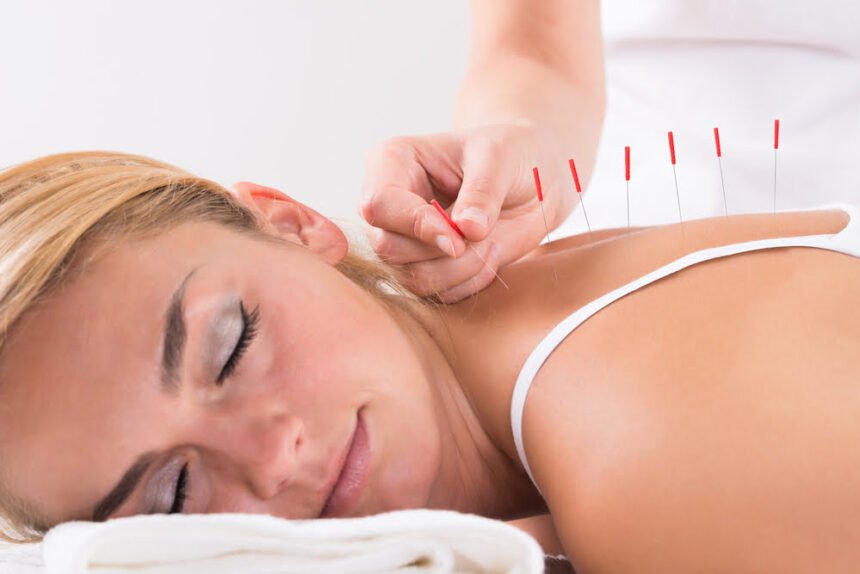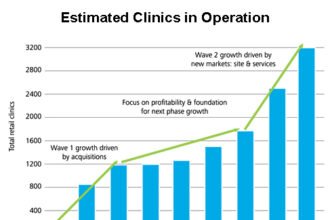Are you considering using acupuncture? This is a practice that was used by 6.3% of the population in 2007.
Acupuncture is a technique that uses thin needles inserted at specialized points throughout the human body. These points are said to be gateways to manipulate and maintain the energy that makes up the balance in our bodies. As explained in traditional Chinese medicine, this energy is known as “Qi Energy.”
Acupuncture is most commonly used for treating conditions and diseases causing chronic pain. People are using acupuncture for anxiety, migraines, pain relief, and several other problems in the modern world.
Though it is still considered a pseudoscience because many of its effects mimic those of placebo treatments, western practitioners believe that this technique stimulates the nerves, muscles, and connective tissues. This stimulation in turn then leads to a boost in the body’s natural painkillers and immune system. While there is still some debate as to whether acupuncture actually works, many anecdotes suggest it can be valuable.
Theories About Acupuncture:
Several theories explain how acupuncture works. Some of them describe the working of acupuncture by focusing on nerve fibers. Specific nerve fibers send pain signals to the brain via the central nervous system; acupuncturists work on points where these signals can be interrupted. This results in a lesser level of pain perception. Another theory deals with the fact that the needles stimulate the body to release many “happy hormones,” or in scientific terms, endorphins and serotonin. This causes an overall decrease in stress, anxiety, and depression.
The process:
The first session is almost always just the acupuncturist or your practitioner discovering about your medical conditions and history and going through your dietary routines. As acupuncture is a personalized form of treatment, it is essential that the practitioner examines your body for areas to be treated and the possible regions that might react to acupuncture. The needles being used in the treatment are sterile, thin, made of stainless steel, and are inserted by the acupuncturist into the body at various points and various depths. Sometimes these needles are stimulated manually or by heat/electricity. The sessions range from 15 to 30 minutes.
Benefits of Acupuncture:
Acupuncture has proven to be very helpful in treating stress, anxiety, and depression. Acupuncturists believe that through this technique, the body’s energy balance can be restored, and the nervous system can be triggered to work more effectively. Hence it can help reduce the body’s stress reactions. In addition, research shows that the endorphins released once the neural system is triggered via acupuncture help generate an overall feeling of happiness.
Body Pains:
Are you suffering from body pain? Pain relief is a very notable benefit of acupuncture. Pressure application and stimulation over areas having inflamed joints can help reduce pain. This is a drug-free method to deal with pain. People suffering from chronic pain in the neck and back joints can refer to an acupuncturist for a better recovery.
Headache and Migraine:
Migraines and headaches are prevalent problems faced by aged individuals, teens, and young adults. As this problem is very consistent, most people often avoid the use of prescribed drugs and painkillers and often resort to natural ways of healing. In such a situation, acupuncture may prove to be a viable option. Acupuncture treatments have been proven to reduce the frequency of headaches and the severity of the pain. It may also be more effective than pain-relieving medications.
Eye Strain:
Excessive exposure to tv and computer screens may cause eye strain and in turn, lead to tension headaches. Acupuncture has been proven to reduce eye strain and can also improve vision for people suffering from night blindness or poor eyesight.
Stress and Anxiety:
Just as acupuncture helps in reducing stress and anxiety, it has an overall calming impact on the mind and body. Many people sign up for acupuncture sessions to ease their minds of daily tensions and give them a break from overthinking and zoning out while doing everyday tasks and activities. It has been proven to increase mental clarity and reduce brain fog.
Neurological Disorders:
Neurological diseases that affect the human body’s motor and language functions can be treated using acupuncture. Even if the treatment doesn’t reverse the effects of neurological degradation, it might help better the patient’s condition. For example, acupuncture has been proven to be a reliable alternative medicine option while treating Alzheimer’s diseases and Parkinson’s disease.
Immune System:
Acupuncture works on the basic principle of increasing or boosting the body’s natural immune system. People who often have acupuncture sessions in a routine report that they feel pretty healthy and energetic doing their day-to-day tasks. Using acupuncture to enhance your body’s weapons against viruses and bacteria seems to be a great way to avoid falling sick during seasonal changes.
Digestive System:
There are many digestive benefits too yielded by those who undergo acupuncture sessions regularly. Constipation, heartburn, and irritable bowel syndrome are some of the most common digestive tract problems experienced today. In addition, an unhealthy digestive system leads to several other diseases and hinders living an everyday active life. Acupuncture has been proven to help keep the digestive tract and its functions in check and is a way to relieve these everyday ailments.
Allergies:
People who suffer from allergies are often in their worst conditions during seasonal changes. Allergies hinder a person from giving their best at work or school, and taking anti-allergies can make you end up feeling drowsy throughout the day. Acupuncture presents a safe, non-drowsy, and effective treatment in battling itchy eyes and a runny nose. Sometimes, conjunction of allergic medications and acupuncture sessions are referred to boost up the immune system before the allergy season sets in.
Blood Pressure
High blood pressure is a widespread health problem these days, and it is something not to be overlooked as it can prove fatal when uncontrolled. Stress and anxiety from everyday life and unhealthy diets can all lead up to experiencing high blood pressure. Regular acupuncture sessions can help reduce blood pressure and regulate proper heart function and blood flow. At times it has been proven to be more effective than actual medication.









